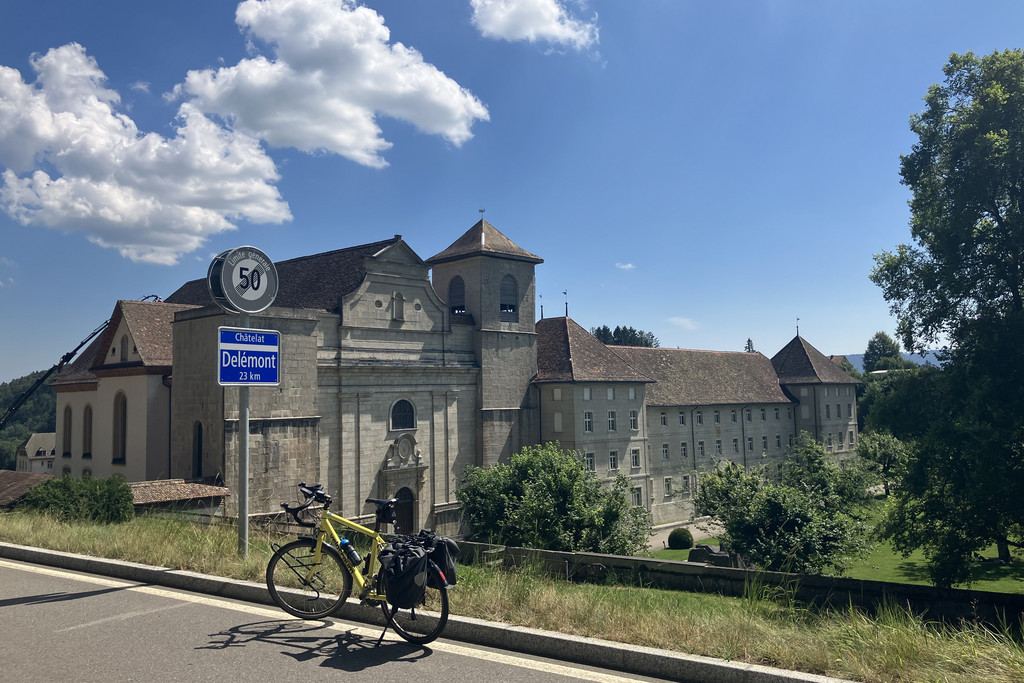![[Translate to English:]](/fileadmin/_processed_/4/6/csm_Spenden_Chang-Duong_Unsplash_a44ae9f16e.jpg)
Thank you! Your donations helped us to keep going

Discussion: Swiss Abroad are “spongers”?

Discussion: The nuclear debate reignites

Discussion: Jura

Discussion

Discussion: Strong response to our “big wolf hunt” article

Discussion


Agnes Hirschi, from Berne, escaped the Holocaust in Hungary as a child – thanks to the diplomat Carl Lutz, who later became her stepfather. Today, Hirschi is doing all she can to ensure that we never forget what Lutz did in saving her and thousands of others. Our readers were moved by her story.
Wolf Staub, Aysén, Chile
This recognition is richly deserved and, unfortunately, much too late. People like Carl Lutz are true heroes in our nation’s history. And there were still others who, as the article mentions, never got due recognition. Indeed, quite the opposite. It tells of a dark chapter in Swiss history.
Katharina Hotz, Winterthur
Thank you very much for this enlightening article. In 2017, a plaque commemorating Carl Lutz was inaugurated at the Riehen Memorial (near Basel). Shedding light on historical events and, specifically, on Switzerland’s role during the Second World War, this privately founded site is of notable educational value for young people including Swiss Abroad. revue.link/riehen
Arno Fuchs, Israel
I have long wondered why the Swiss government needed half a century to rehabilitate Carl Lutz and Paul Grüninger (1995) – and why they applied double standards. They chose not to punish Carl Lutz, but they cheated Paul Grüninger of his pension. They stole his money. I suddenly realised why a few days ago: Carl Lutz only cost the country a little extra paperwork. The Jews whom he rescued in Hungary emigrated to Palestine. There was no expense involved for Berne. On the other hand, Paul Grüninger cost the country money. “His” refugees remained in Switzerland and had to be supported. Who had to cough up the francs? Exactly.
Ralph Uno, Argentina
Was there ever a reason found why the government did not agree with Mr Carl Lutz for saving so many lives? If there was a reason, it should be known.
Peter Ochsner, Nairobi, Kenya
Your article forgot to mention one phrase: never forget. Lutz had no interest in fame, even on his deathbed. What he wanted was that the world would never forget the death and destruction caused by the Nazis and their warped ideology. Phrases like “It’s such a long time ago” or “Life goes on” are intolerable in this context.
Toni Cavelti, West Vancouver, Canada
I enjoy every edition of “Swiss Review”. The March issue was particularly interesting for two reasons. I first encountered the beautiful Shep-en-Isis during my youth in St Gallen. Our classroom was situated directly above her sarcophagus, and visits to the Abbey Library were an annual occurrence. Who would have thought back then that she would be at the centre of an international squabble! Secondly, your article about Romansh. Although I grew up in St Gallen, it is still the language that my family and I use to speak to each other at home here in Canada. The type of Romansh that we speak has become our own little dialect. I find it hard to read and understand the “standard” Romansh that they use today.
Comments